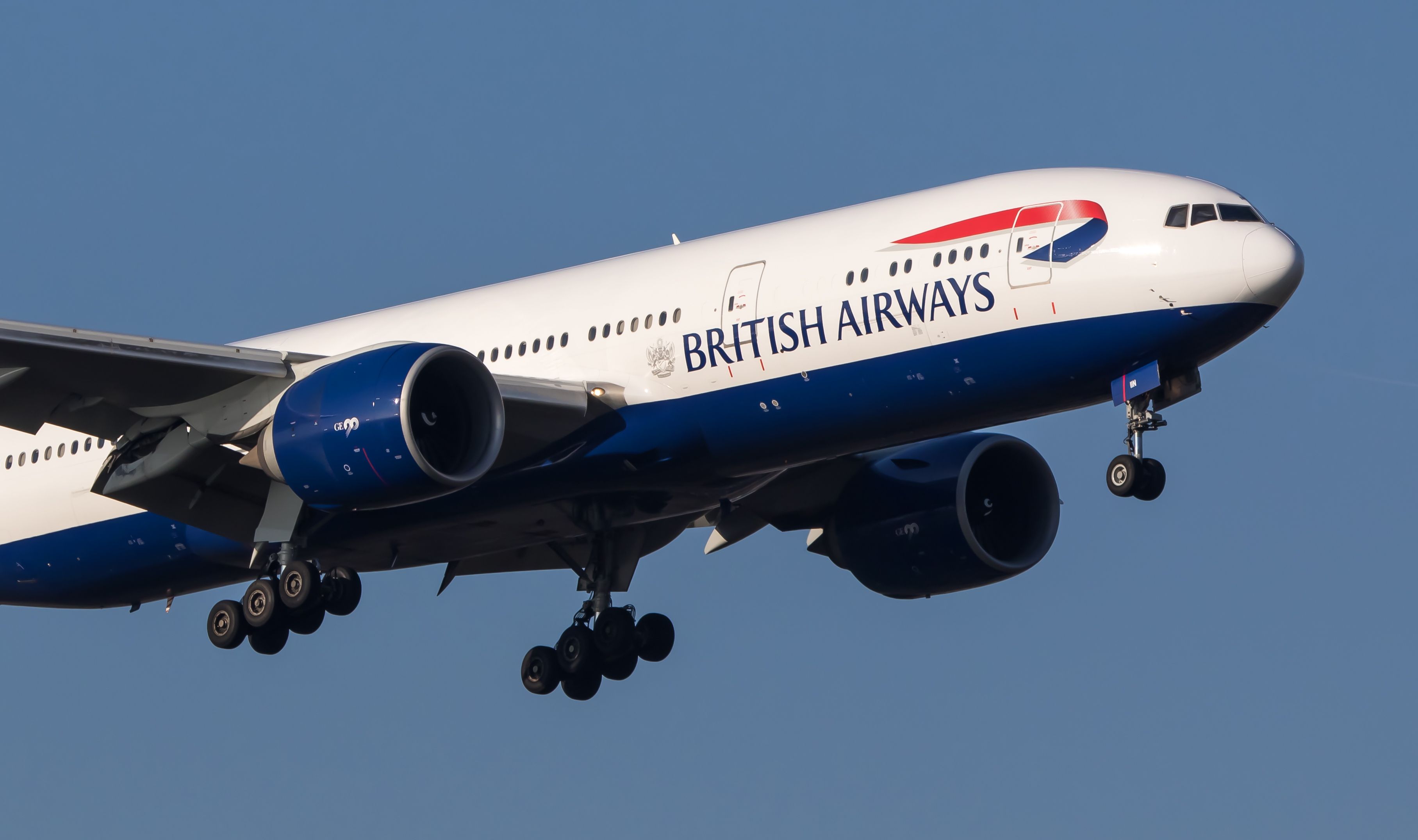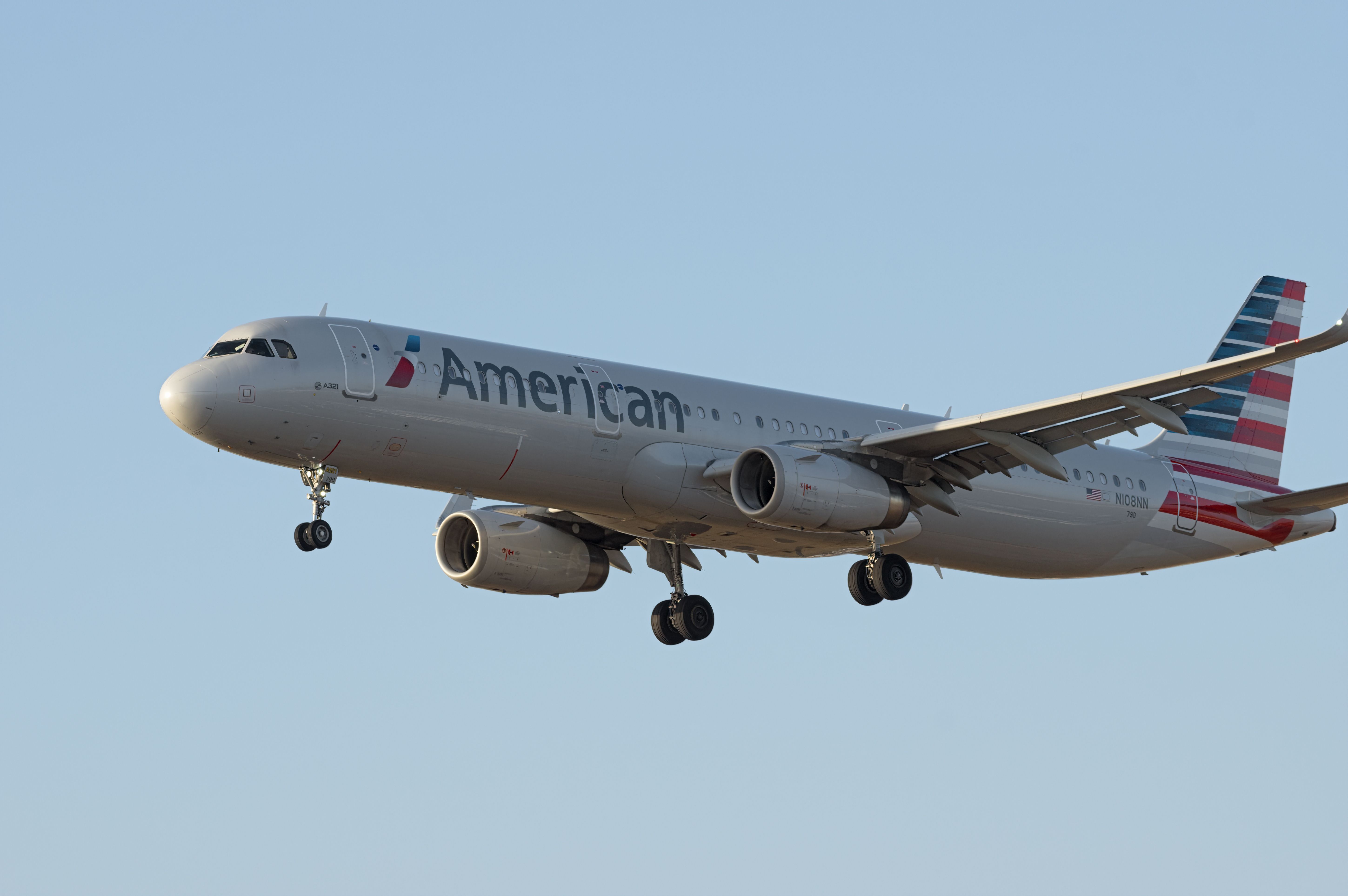Summary
- Cyberattacks in the aviation industry have increased by 24% worldwide in the first half of 2023.
- Ransomware attacks on supply chain players have risen as much as 600% since last year.
- Companies can protect themselves by conducting cyber audits, implementing AI monitoring systems, and performing supply chain mapping exercises.
Society at large is increasingly connected. Technological advancements have become a part of most facets of life, and incredible benefits have followed. Of course, technology has generally made operations safer and more efficient for aviation. But wherever something is designed to be helpful, someone will likely find a way to use it for less-than-noble purposes.
Simple Flying recently had the chance to discuss this topic with Resilinc, a leader in global supply chain mapping and monitoring across various industries. According to Resilinc’s most recent information, year-on-year, cyberattacks have increased by 24% worldwide in the first half of 2023.
As some readers may remember, just a couple of months ago, London City Airport was attacked in such a way, and more recently, Birmingham Airport’s website was hacked. Of the many reported disruptions, cyberattacks appear in the top ten, below some which may be more obviously prominent, such as (but not limited to) labor issues, legal actions, and acquisitions.
Ransomware attacks on supply chain players are up as much as 600% since last year
Resilinc’s Chief Product Officer and co-founder, Sumit Vakil, commented on the emerging threat that continues to climb yearly. When asked about the overall industry risk of cyberattacks, Vakil suggests it’s multifaceted. Some may have read news of groups attacking major carriers, such as British Airways, which suffered a significant data breach including payroll info, or American and Southwest Airlines, which had pilot applicant information stolen. Aviation is supported by a nearly endless list of firms providing all the different services airlines need, and a cascade of issues can arise from any of those companies being attacked.
Safely utilizing updated technology has helped the average home-computer user stay safe; the same is true in the working world. Unfortunately, some industries take longer to adapt than others. Many operational technology systems are particularly prone to cyberattacks, given their age and known security problems. Vakil mentioned,
“In the US, the FAA continues to use outdated systems, some of which are 30 years old. These systems could be vulnerable to cyber attacks, especially from hackers backed by adversarial nations. Such an attack could have catastrophic consequences for the US, given its reliance on air travel.”
What can be done about it?
A few critical steps can be taken for companies that stand in a cyber criminal’s line of sight. For example, in-depth cyber audits for information and operational technology systems can expose vulnerabilities, the first step towards securing anything. And there are Artificial Intelligence systems that provide 24/7 monitoring of potential supply chain disruptions. Lastly, Vakil also told Simple Flying firms can “conduct a supply chain mapping exercise to know exactly which companies are in their direct and indirect supply chains.” This would enhance an industry player’s business since, as mentioned, a company’s third-party vendors and suppliers, and even the suppliers to those companies, all play a role in the ecosystem.
Want answers to more key questions in aviation? Check out the rest of our guides here!
Of course, should aviation companies choose to continue for years without updating their systems, consequences can take many forms. For airlines, it could mean a loss of revenue, passengers, and brand recognition. At the same time, for those working behind the scenes, a customer might switch to a supplier with a more robust security solution. Hopefully, in the same way technology continues to make aircraft safer and airline operations more efficient, we will see improvements to system and supply chain security such that the industry will become stronger than ever.
Sources: Resilinc



